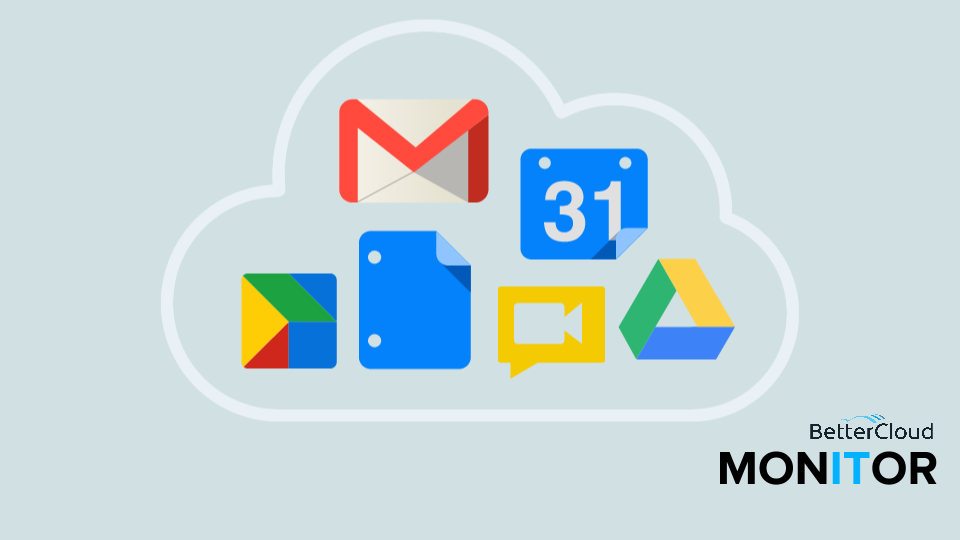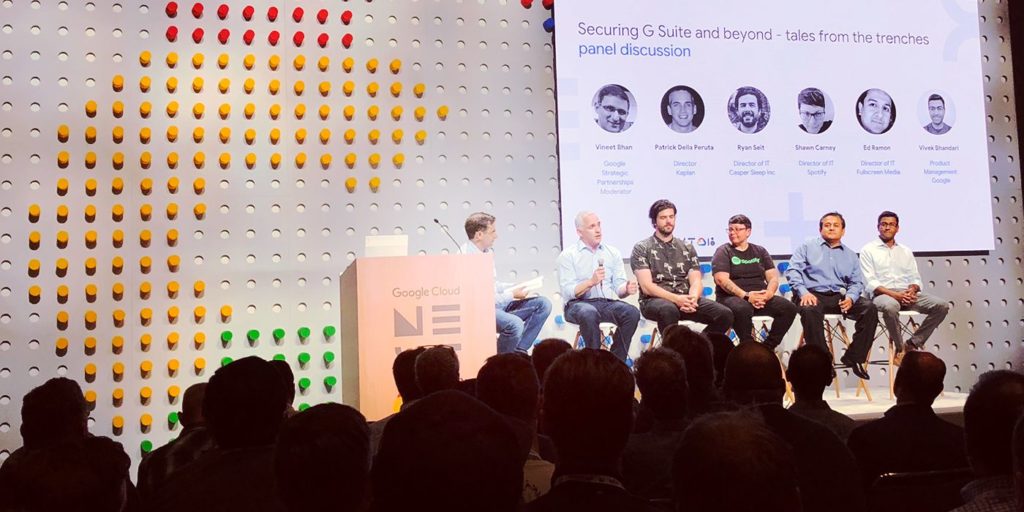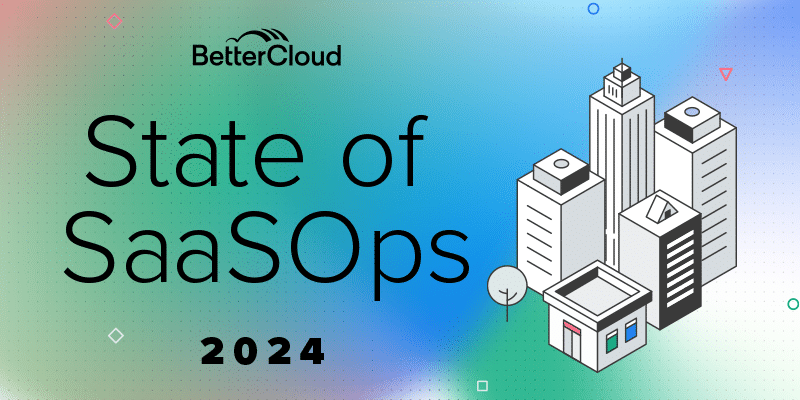Here’s My Email, So Call Me Maybe?
October 8, 2012
3 minute read

When Google Talk went down this July, it seemed to some that the world was ending. There were countless articles and hundreds of comments from affected users claiming that the outage was greatly interrupting their everyday interactions with dev teams, coworkers and even their customers and suppliers.
Clearly life without Google Talk is an inconvenience. Millions of people use the chat client to connect via voice, video, which was recently integrated with Google Hangouts, and text. Along with Gmail and Google Apps, Google Talk is dramatically changing the way people communicate. By obtaining the email address of the person with whom you wish to correspond, the entire spectrum of Google messaging tools instantly becomes available. And when you’ve grown accustomed to having voice, video and chat at your fingertips in your inbox, picking up a phone might seem (and for power Google users, actually is) wholly unnecessary.
The End of Phone Numbers
Between a user’s data enabled mobile device and computer, it’s not hard to imagine a day when we’ll no longer need traditional phone numbers, and that’s a powerful concept. We’re already seeing this happen at BetterCloud. My contacts ask me if we can voice call over Google Talk rather than on my phone line. They already have my email address, so what’s the point in gathering additional information just to connect with those same people over the phone?
For Google Talk to replace the phone number, everyone will need an email address — a Gmail address, to be precise. Despite rapid adoption of Gmail, this probably isn’t going to happen any time soon. But in five, ten or fifteen years? Who knows. Google would have to enhance controls for accepting a new Talk contact and offer additional management tools like call screening or hours of availability, but much of this is available in Google Voice already. Oh, and the world would need significantly more broadband capacity than it has today, but Google is influencing that market as well.
Changing the Way We Work Together
In time, it’s very possible that Google could provide a single entry point for all our communications, and simultaneously kill the age old phone number (sorry Alexander Graham Bell). If you think about it, a phone number is simply a unique identifier. And with the advent of VoIP (think Skype and Google Voice), a phone number these days is more likely routing to an IP address than a hardwired telephone line. As no two email addresses can be the same, every email address also serves as a unique identifier.
It’s therefore plausible that your email address could eventually replace your phone number. In fact, you can “dial” another chat user’s email address and “ring” their mobile device on wifi or 4G (tested on Verizon) if they have a mobile Google Talk client enabled. To an observer, it would appear that a traditional phone call is taking place, but you’re actually communicating using email addresses and a connection run over the internet. The lines are so blurred that explaining the difference between this type of voice call and a phone call is fruitless. What matters is that you’re instantly connected to your contact using an email address and not a phone number.
Think of the convenience we could gain from this shift. We won’t need to change phone numbers when we move or get a new phone. Plus the inconvenience of sending text messages to some contacts and chats to others will also be removed. And since information in your Gmail and Google Apps accounts sync automatically across devices, you’d never have to worry about inputting contact information or losing a contact. The only connection required will be data, thus eliminating the need for calling and messaging plans.
Seamless Integration of Google Products
Unified communications have been talked about for years, but Google actually has the capital, reach and technology to accomplish this goal. Google’s products are actively used by millions worldwide and strategic integrations between many of Google’s most popular products will help realize this outcome. Take Android and Google Voice in conjunction with Google Talk. The combination of these three products alone already produces a semblance of a nearly unified communications system.
The pieces are all in place, but it will require better infrastructure, a concerted effort from Google to truly unify these products, and finally a change in behavior from consumers that have grown accustomed to using phone numbers over the past 100+ years.
David Politis is the founder and CEO of BetterCloud, follow him @DavePolitis.






